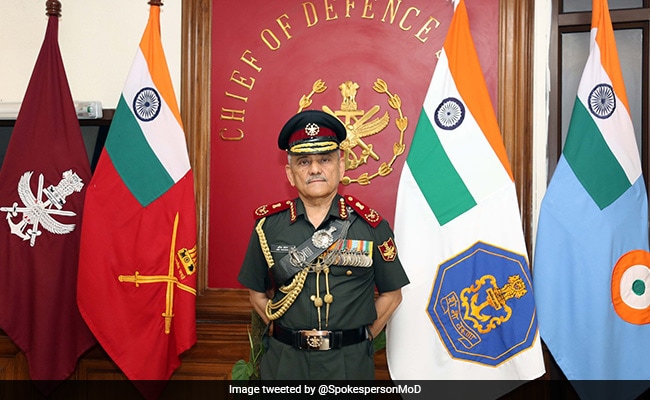


CDS General Anil Chauhan says he believes space is already an established war domain New Delhi: U.S. Chief of Defense Staff Gen. Anil Chauhan said he...



The government is facing growing cross-party demands to shut down the British operations of two Iranian state-owned banks accused of funneling cash to Tehran’s proxy militias...
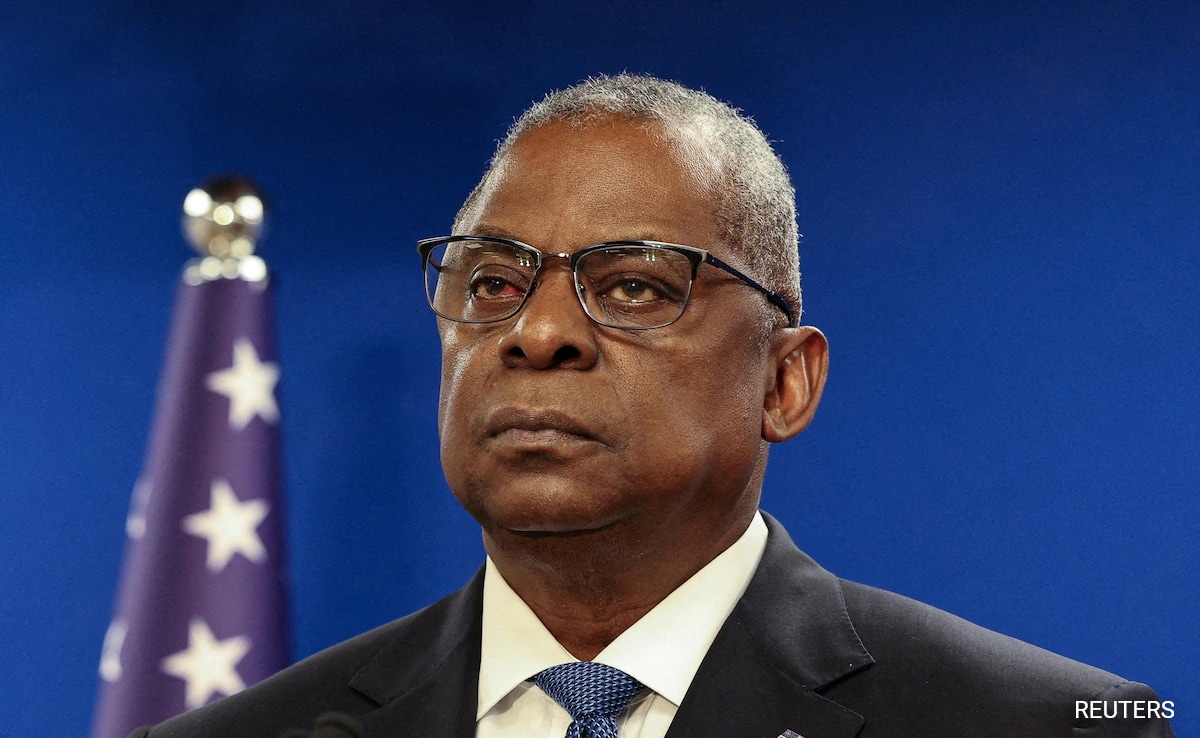

General Electric signed a memorandum of understanding with Hindustan Aeronautics. Washington: US Defense Secretary Lloyd Austin told lawmakers on Wednesday that the India-US agreement to jointly...



TAIPEI, Taiwan — The U.S. 7th Fleet said a Navy P-8A Poseidon flew across the Taiwan Strait on Wednesday, a day after the U.S. and Chinese...



Israel’s defense minister said on Tuesday that threats from Iran would not deter Israel from responding to Sunday’s unprecedented air strikes on the Jewish state. The...

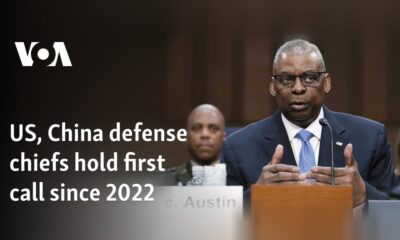

Pentagon– U.S. Defense Secretary Lloyd Austin held a phone call with his Chinese counterpart on Tuesday, the first conversation between the two countries’ defense ministers in...



Ukrainian President Volodymyr Zelensky on Monday called on Western allies to show the same “solidarity” toward Ukraine as they did toward Israel last weekend when they...
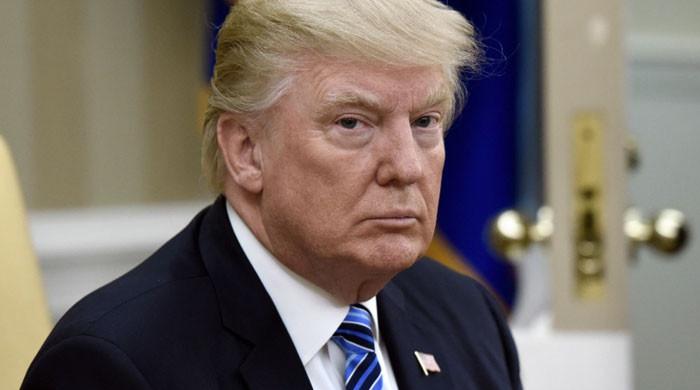
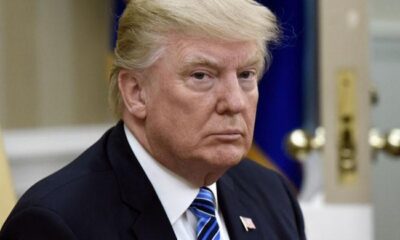

The evolving saga of Donald Trump’s legal defense in his hush-money trial. (Former President Donald Trump. – AFP archives) Former President Donald Trump’s legal team has...



Jerusalem- The attack by more than 300 Iranian drones and ballistic missiles is the latest challenge for Israel’s air defense system, which has been working overtime...



The Ministry of Defense has approved the project to procure 97 more Tejas Mk-1A jets for the Air Force New Delhi: The Defense Ministry has issued...